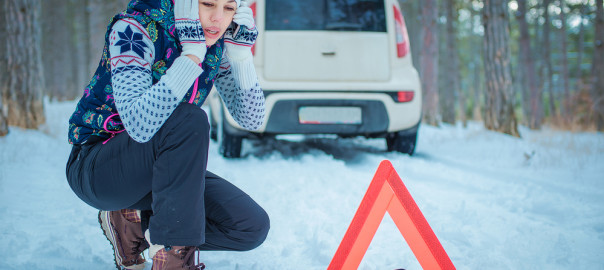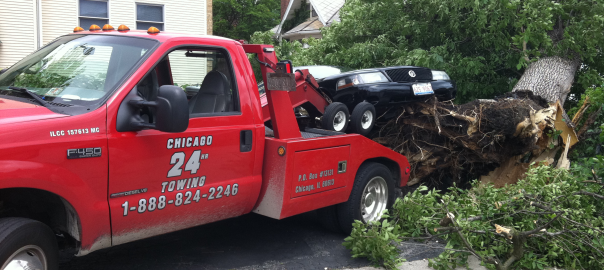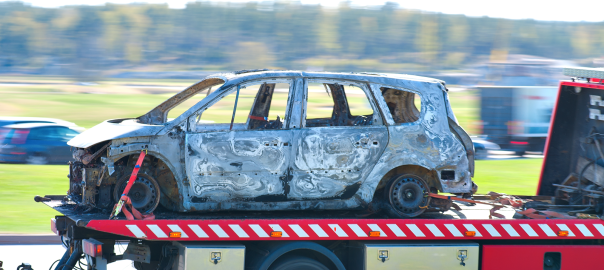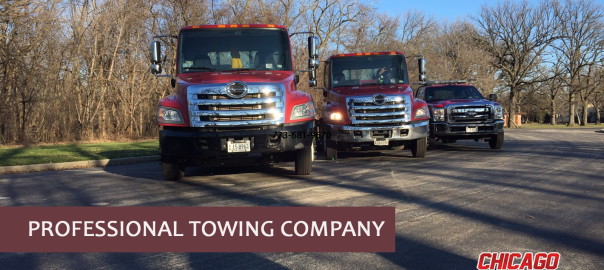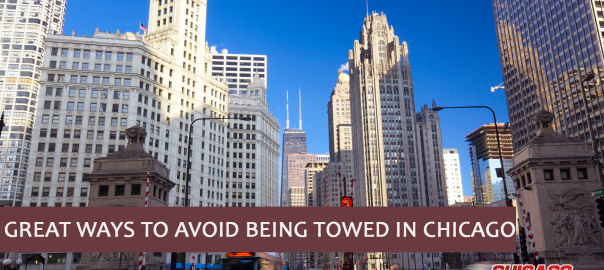Advance Preparation
In the frigid winter weather, Chicago residents often encounter poor to bad driving conditions. Since most drivers never learn defensive driving techniques for bad weather, during the winter many accidents occur that otherwise never would have. Because of this, it’s absolutely essential that you prepare for driving under poor weather conditions; first of all, always keep a raincoat, umbrella, and gloves/scarf in the trunk of the car. You might have to change a tire in the middle of a snowstorm or cold downpour. Also keep a working flashlight in the trunk; as you’ll never know when you’re going to have to change a tire on a dark street or highway. Always remember to keep jumper cables in the trunk – you want to avoid being stranded in a car with a dead battery without the materials to jump start it. Keep your gas over the halfway mark as a force of habit, that absolutely reduces the chances of accidentally depleting your car’s gas. Ensure that you have a car jack, the proper tire iron for your vehicle, and a correctly blown-up spare tire. If your area gets especially cold during the winter, it couldn’t hurt to have a certified mechanic look at your car to make sure that everything is working correctly. Ideally, if there’s any problems found, you would get them taken care of before being caught driving in an unpleasant weather event, when it might really affect you. By following active awareness and preparation, you can avoid having to spend even more time, effort, or money if your vehicle suffers a breakdown.
Careful Practices
Whenever any bad weather event occurs – be it a blizzard, hail, frozen roads, or a rainstorm – one of the most important defensive driving techniques one can adopt is to drive slowly. By driving at a slower speed, you’re increasing the amount of time that you will have to react in case you come into/across some kind of accident. Also, if you’re driving slowly, and keep a large space between your car and the other vehicles that are driving, you’re going to have a much lesser chance of bumping into the back of one of them if they suddenly break. If the roads are incredibly slippery, one thing you should do is keep the brakes lightly applied while driving at a slow pace – for extra traction.

